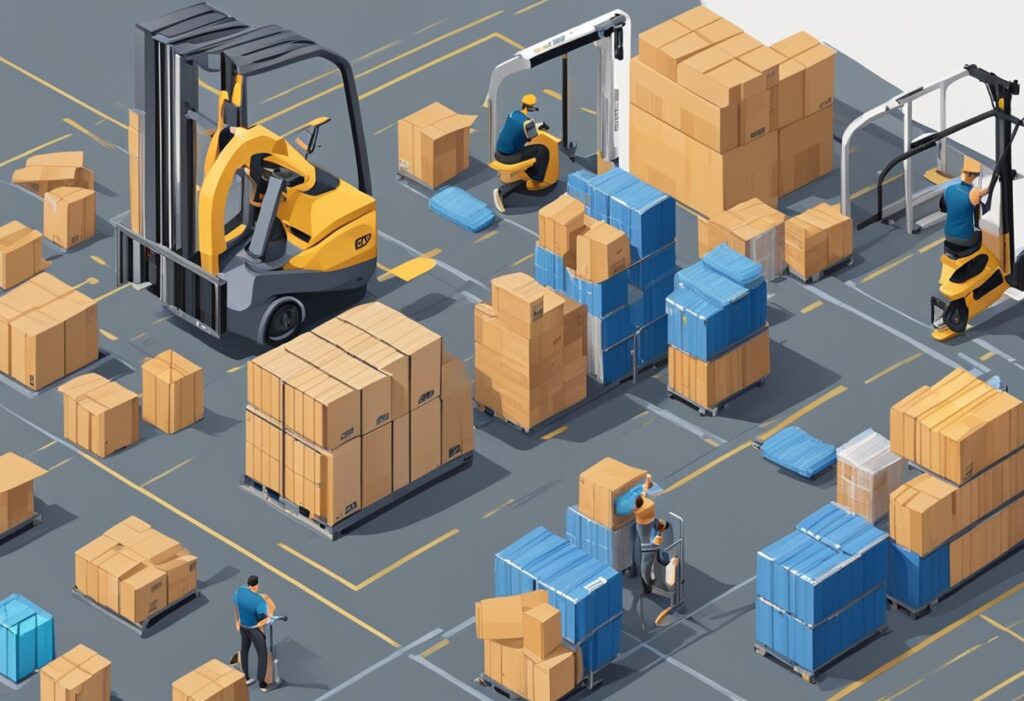
November 2, 2023
How to Import Gym Equipment from China: A Step-by-Step Guide
Importing gym equipment from China can be a cost-effective solution for gym owners and fitness enthusiasts. However, the process can
Read More
November 2, 2023
Importing gym equipment from China can be a cost-effective solution for gym owners and fitness enthusiasts. However, the process can
Read More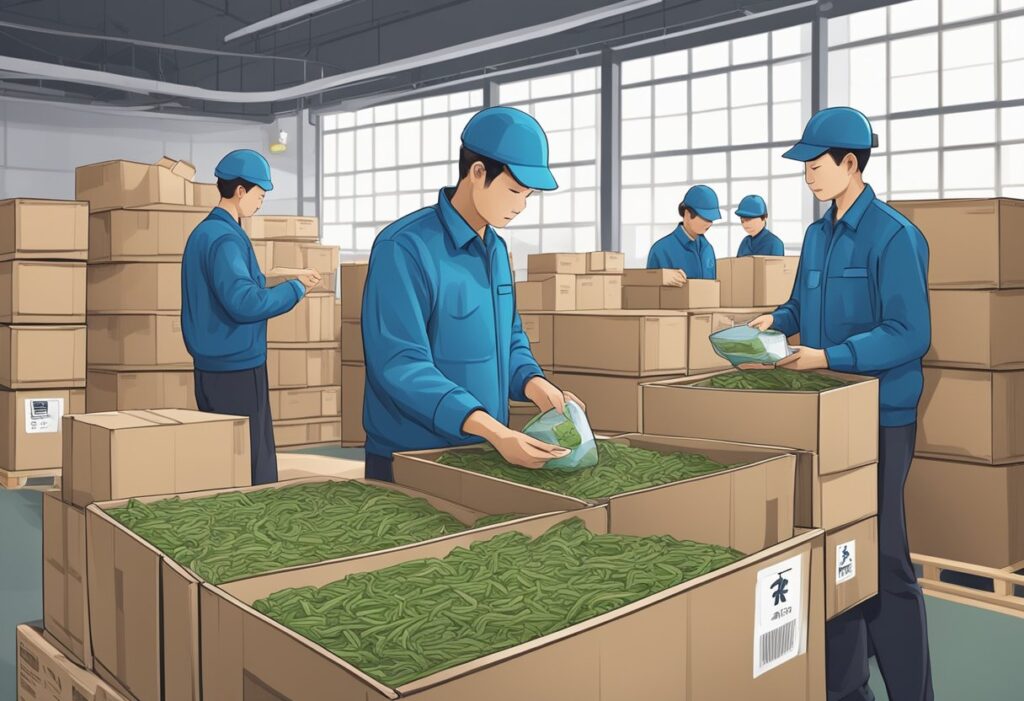
November 2, 2023
Importing tea from China can be a lucrative business venture for those interested in the tea industry. However, it can
Read MoreNovember 2, 2023
Importing solar panels from China can be a cost-effective way to meet the increasing demand for renewable energy. China is
Read More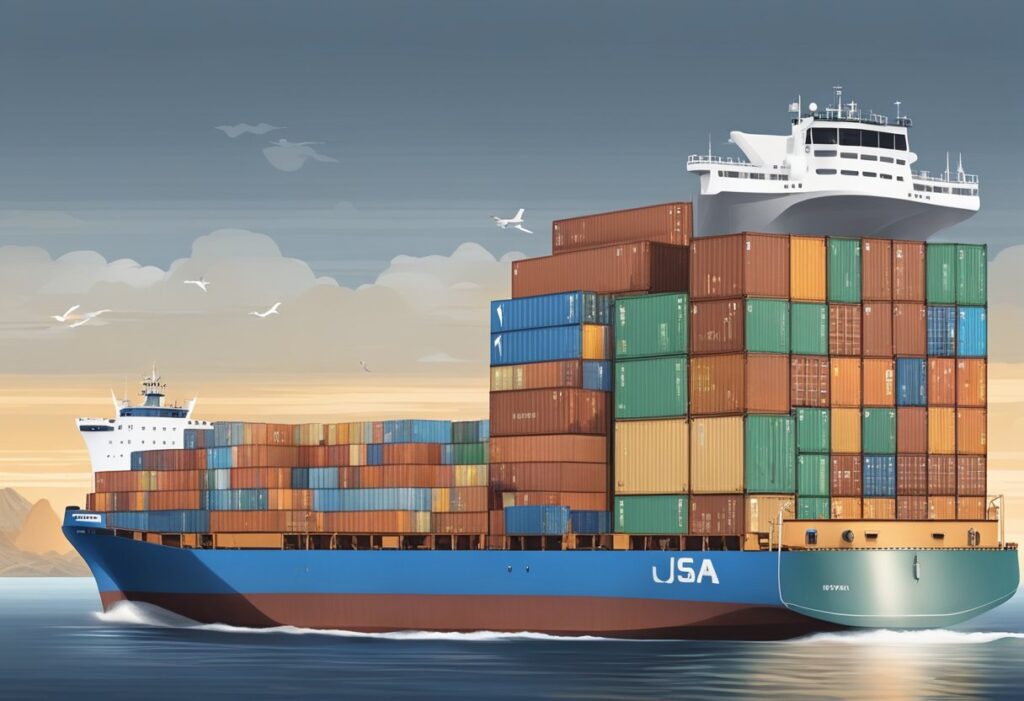
November 1, 2023
Freight forwarding from China to the USA has become a crucial aspect of international trade. The process involves the transportation
Read More
November 1, 2023
Verified Supplier is a membership tier for high-quality suppliers on Alibaba.com. This exclusive designation is meant to create more trust
Read More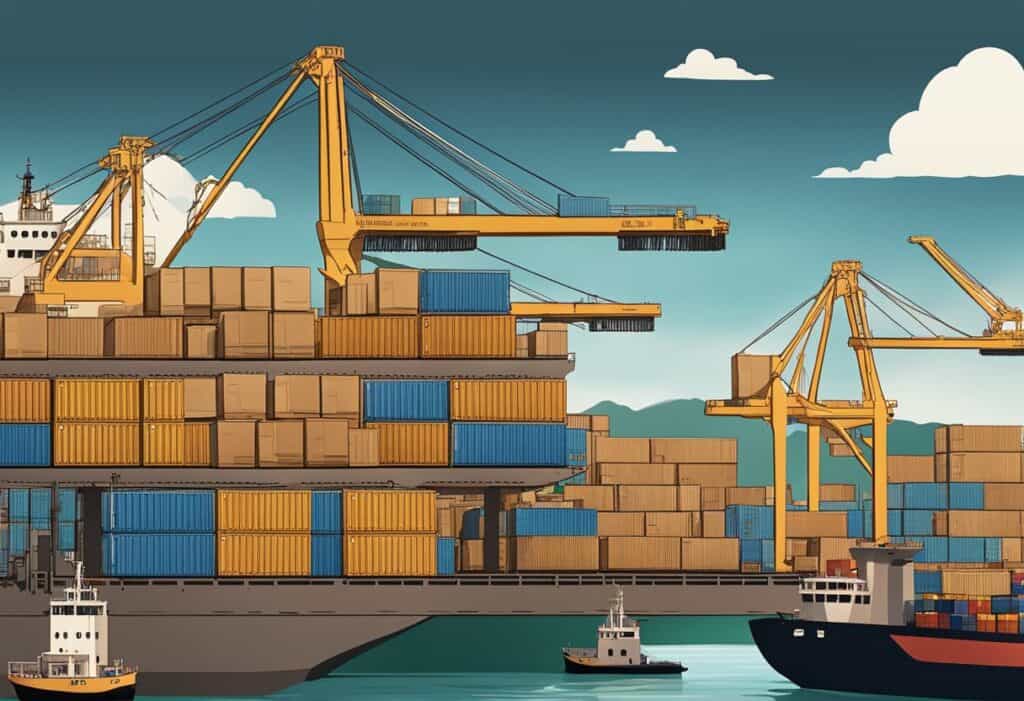
November 1, 2023
Importing jewelry from China can be a profitable business venture for entrepreneurs looking to expand their product offerings. With China
Read More
November 1, 2023
Yiwu International Trade City is the world’s largest small commodities market, located in Yiwu, Zhejiang, China. It is also known
Read MoreOctober 7, 2023
Importing goods from China to the USA has become increasingly popular over the years due to the country’s low production
Read More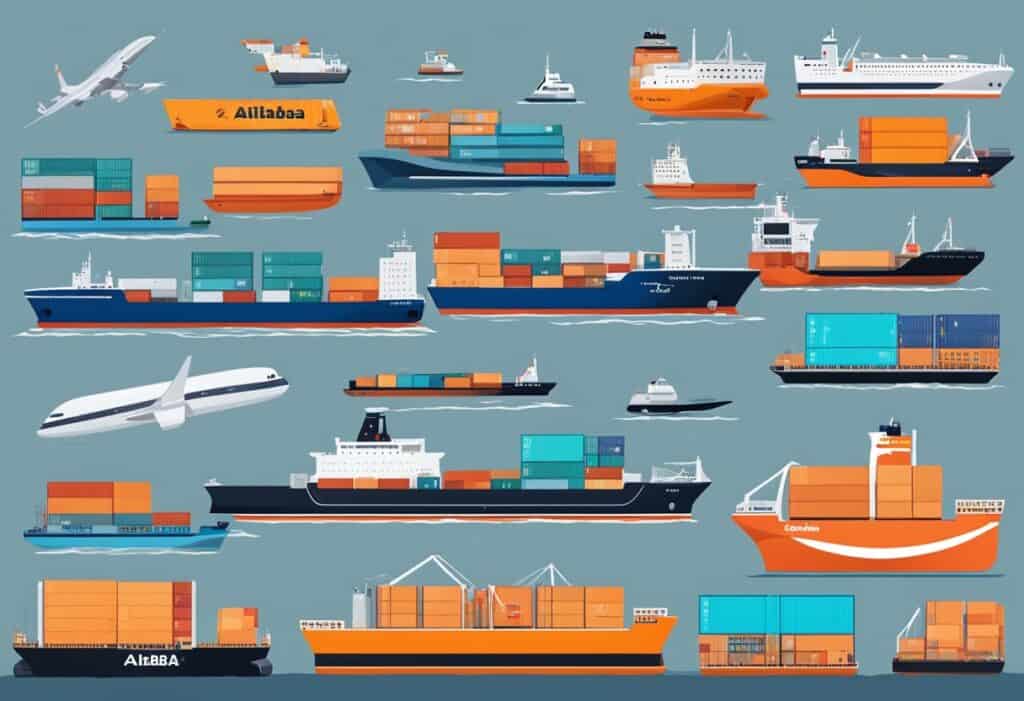
October 7, 2023
Alibaba, the world’s largest online and mobile commerce company, offers a wide range of shipping methods for its customers. From
Read More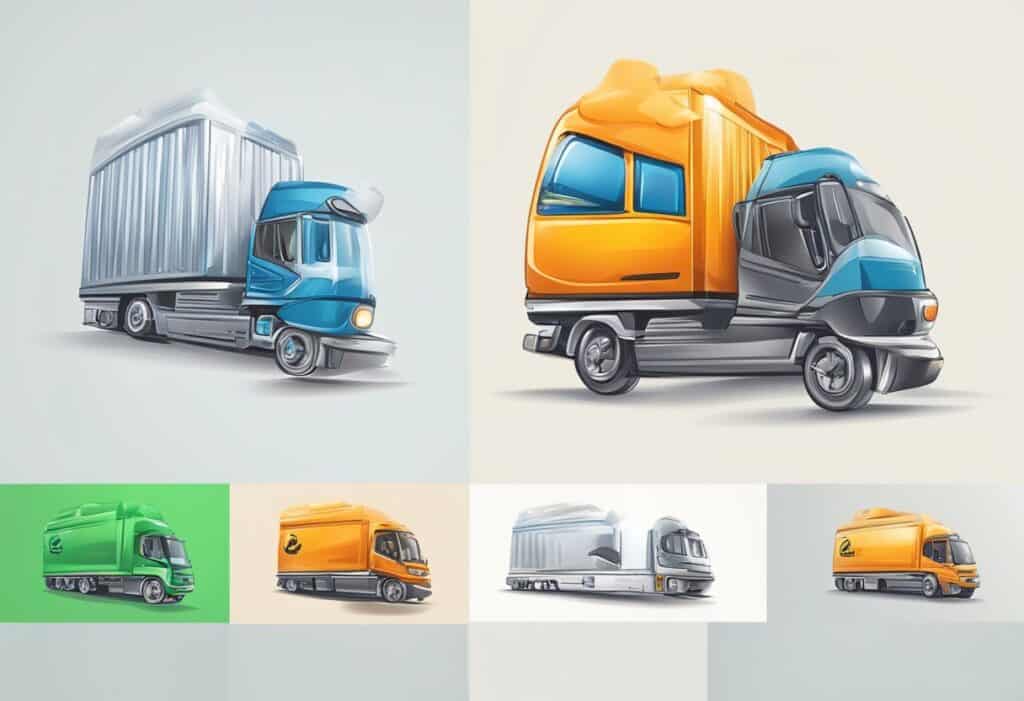
October 7, 2023
Yiwu, a city in China’s Zhejiang province, is known worldwide as the “world’s largest small commodity wholesale market.” Yiwu International
Read More